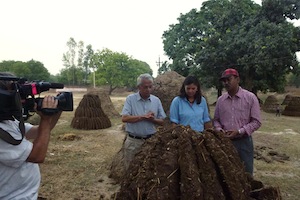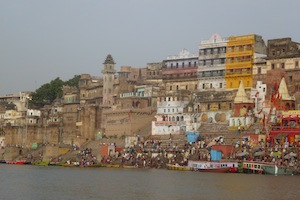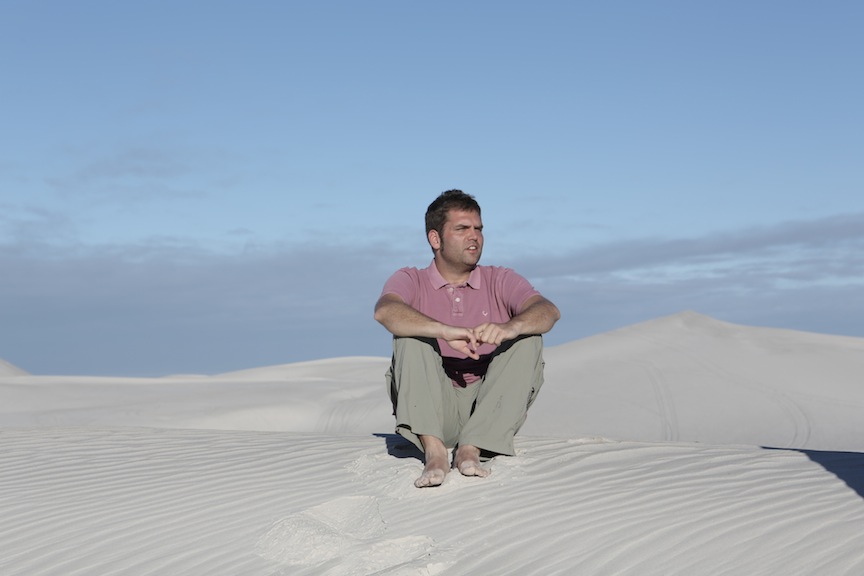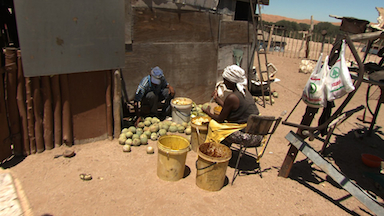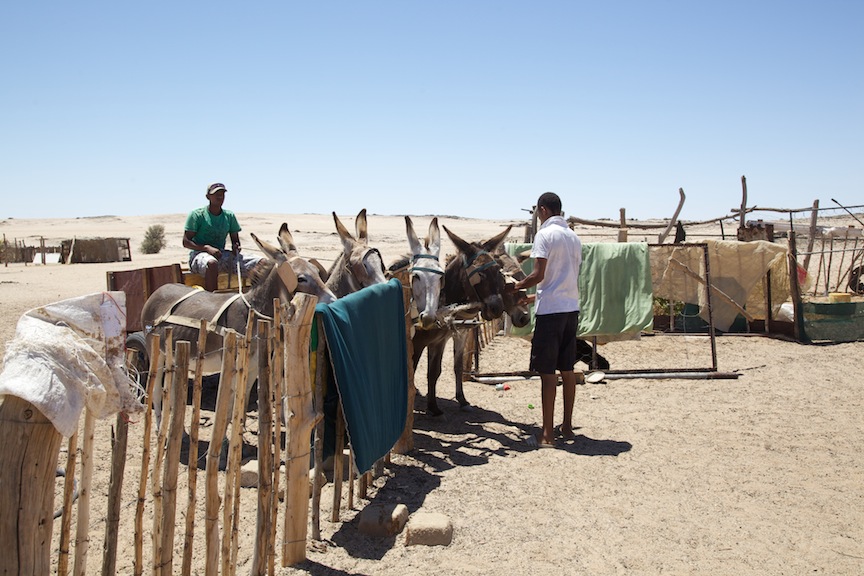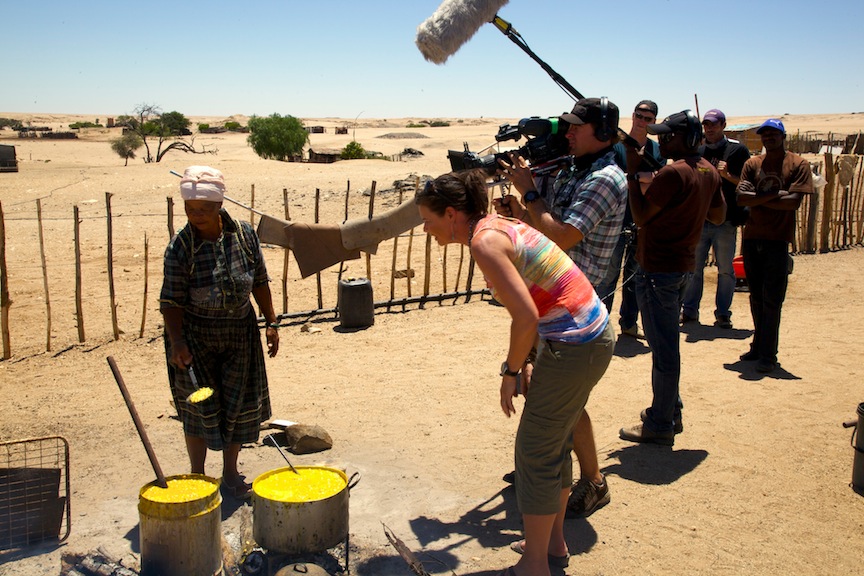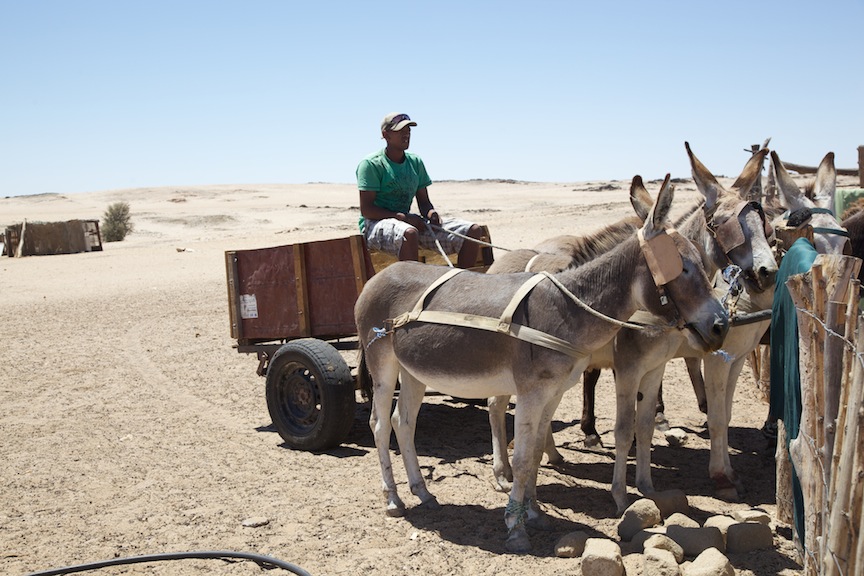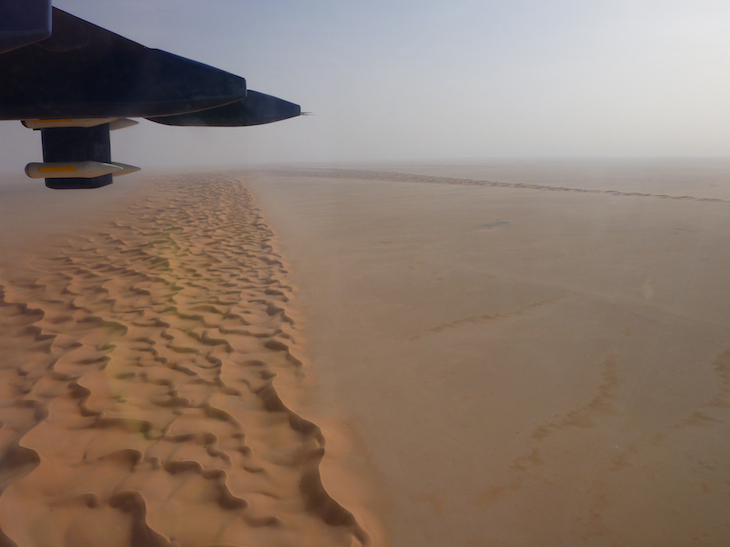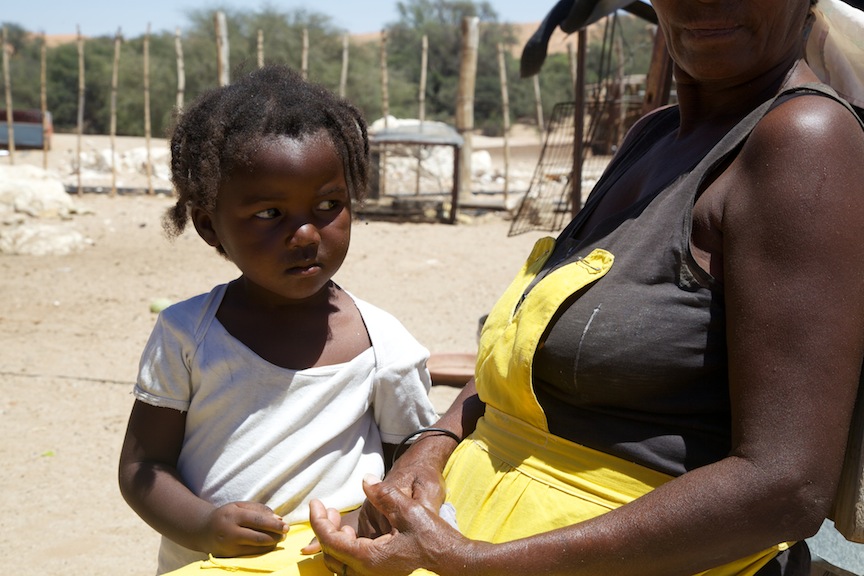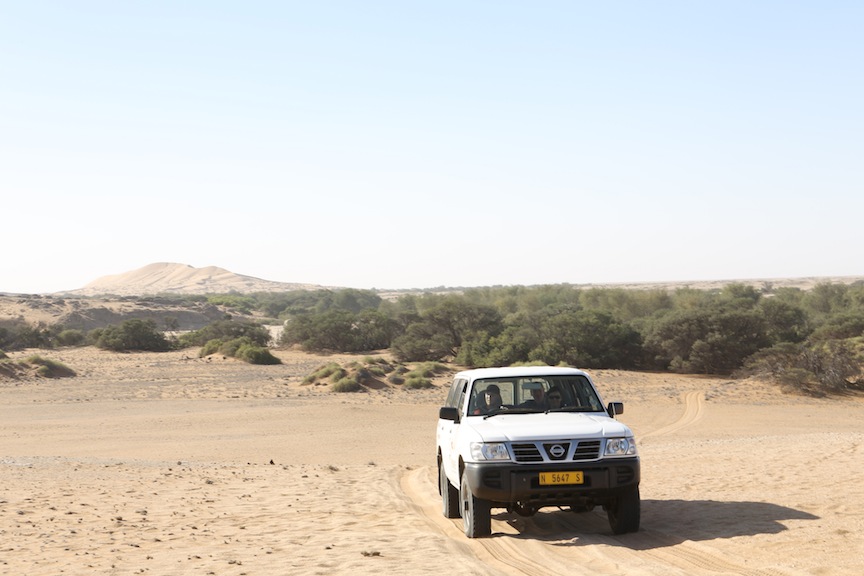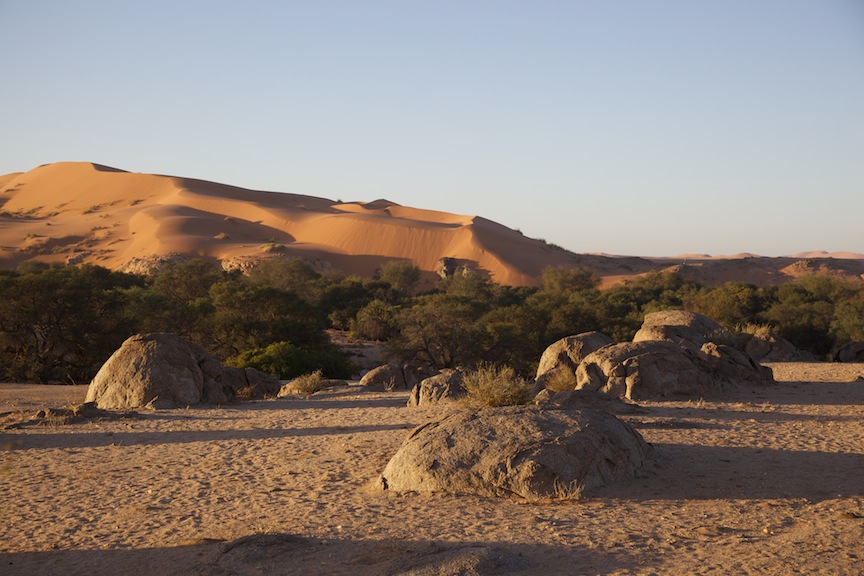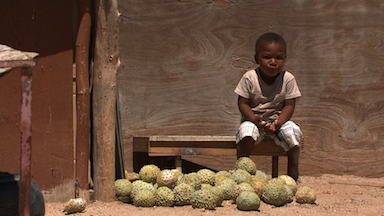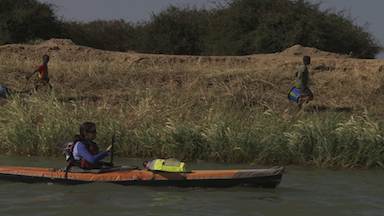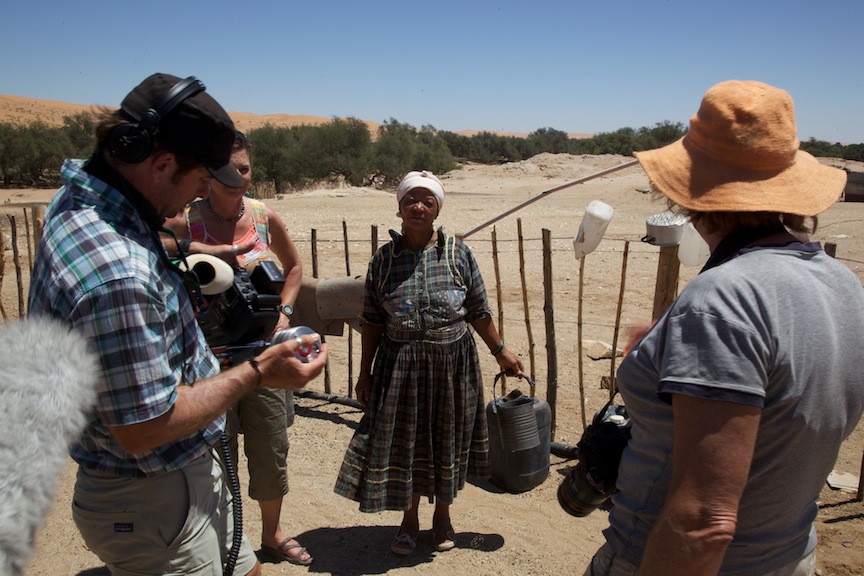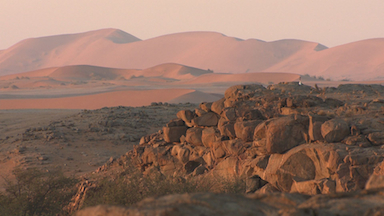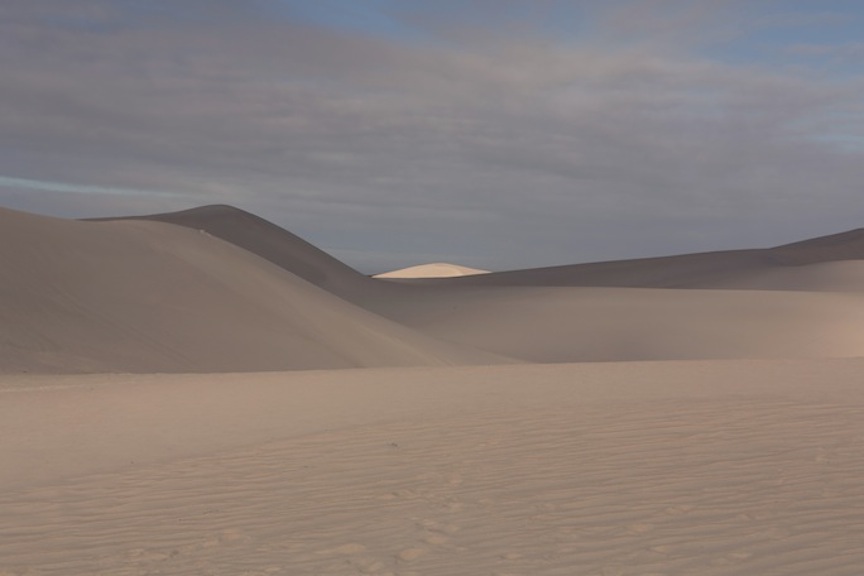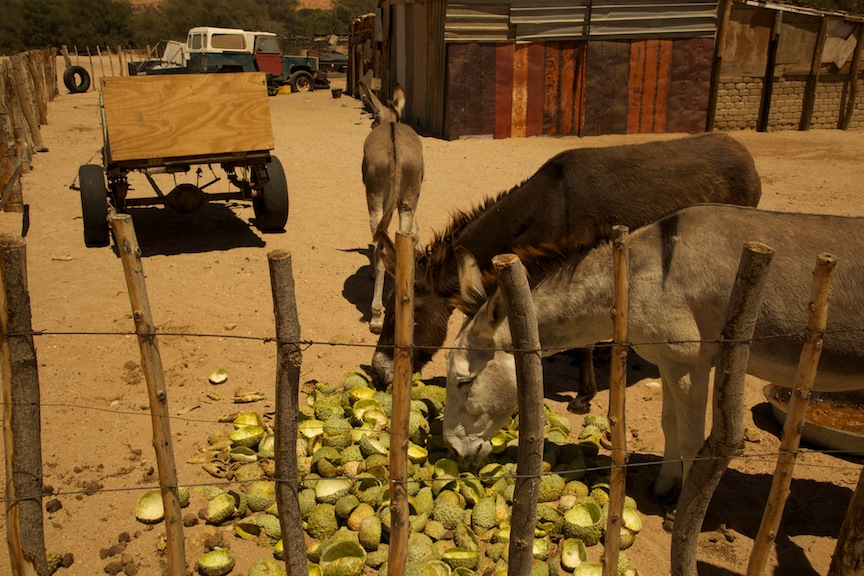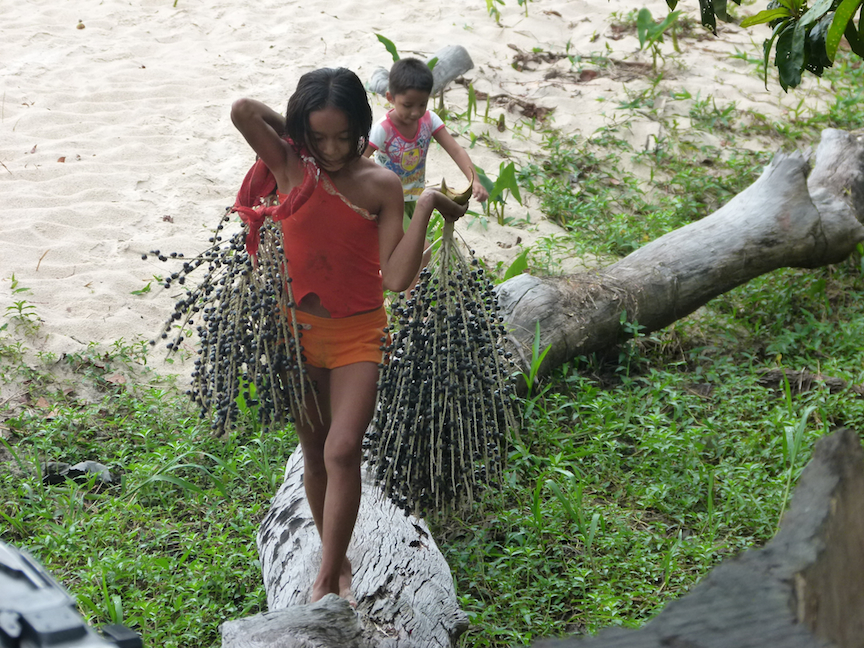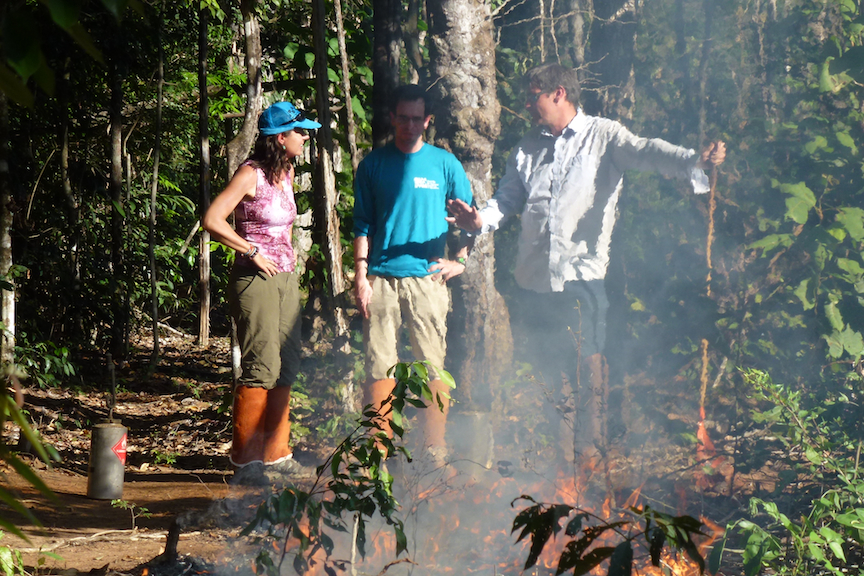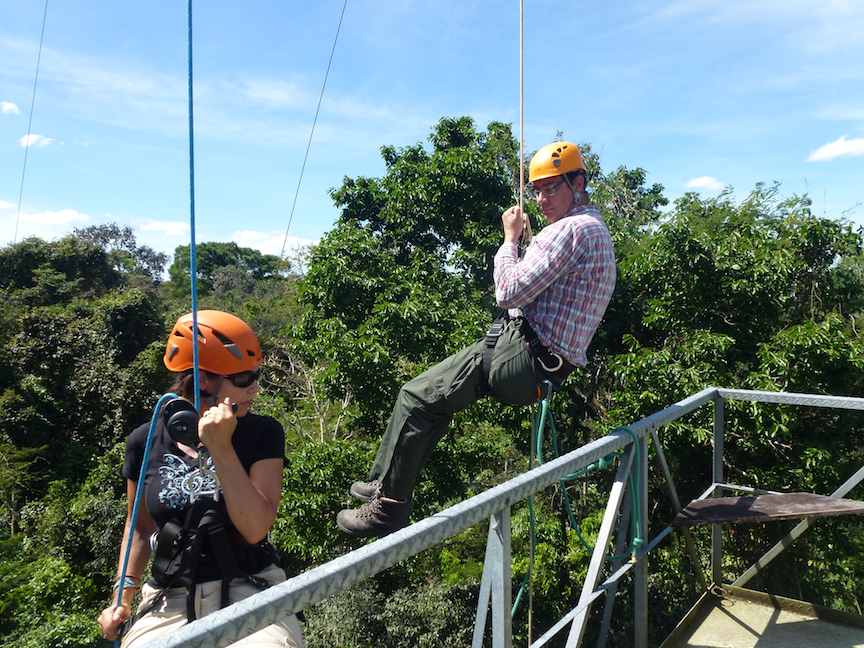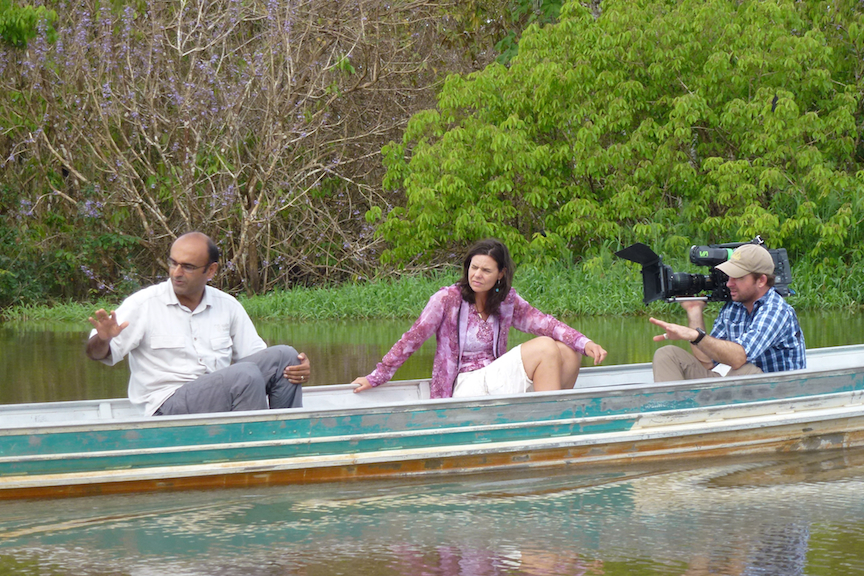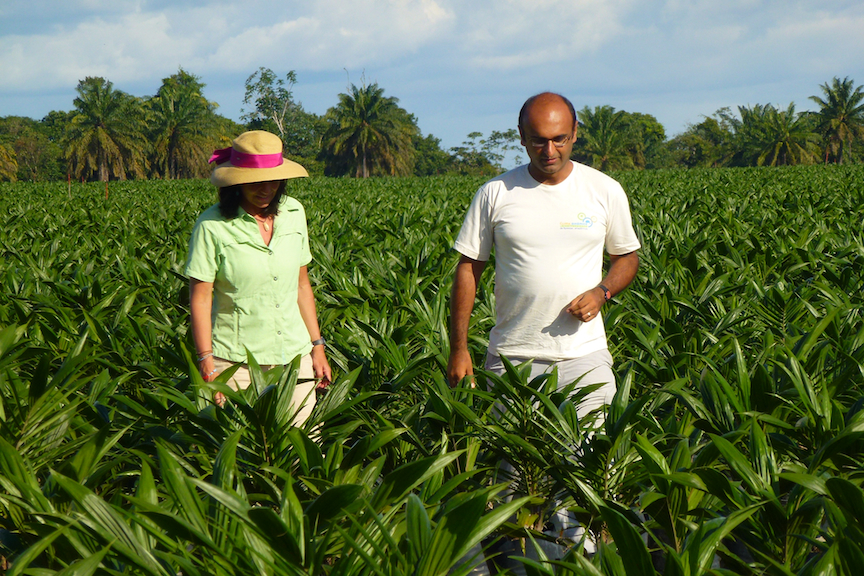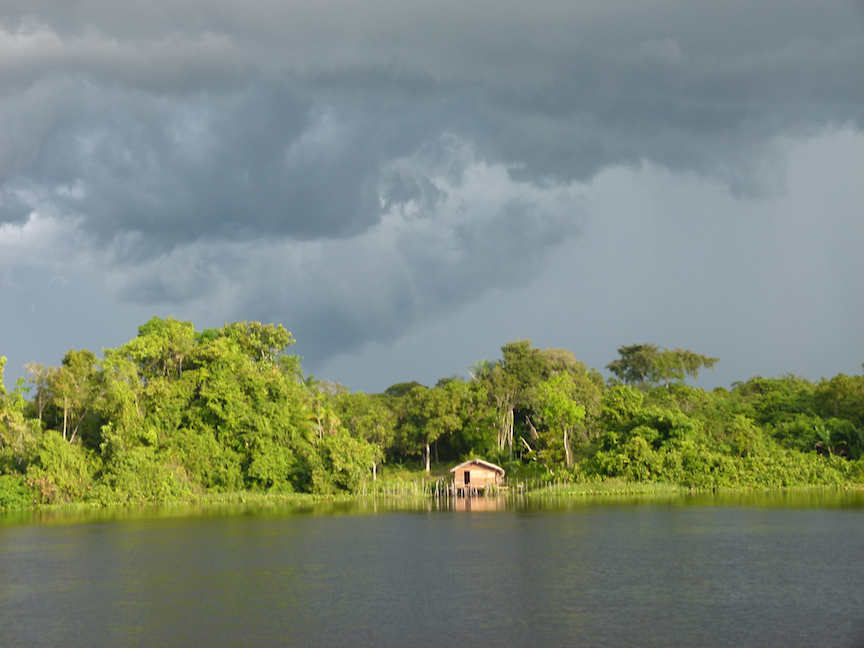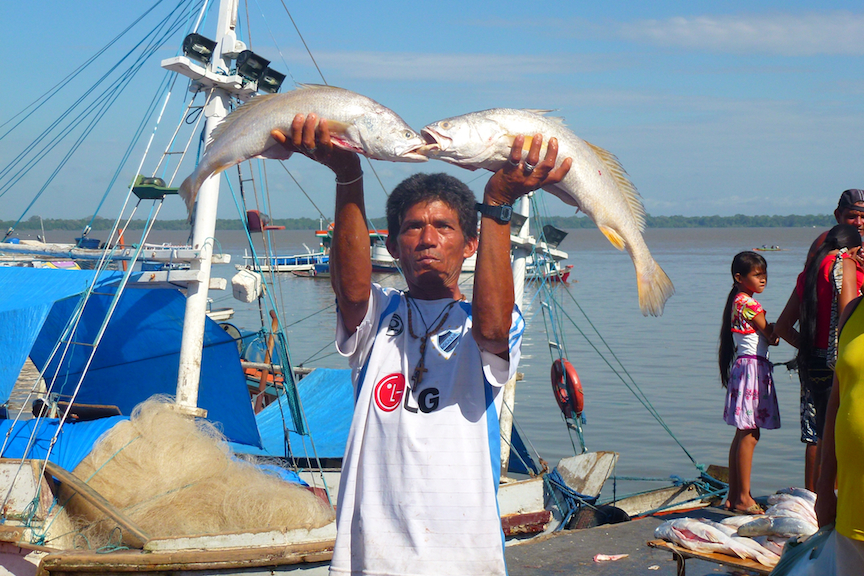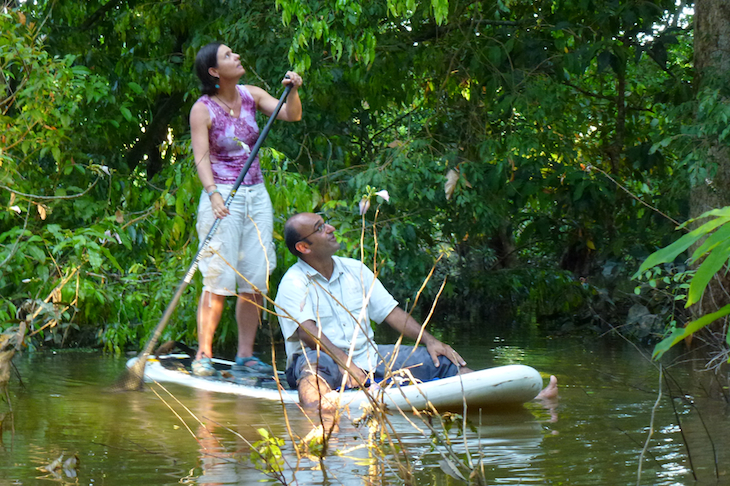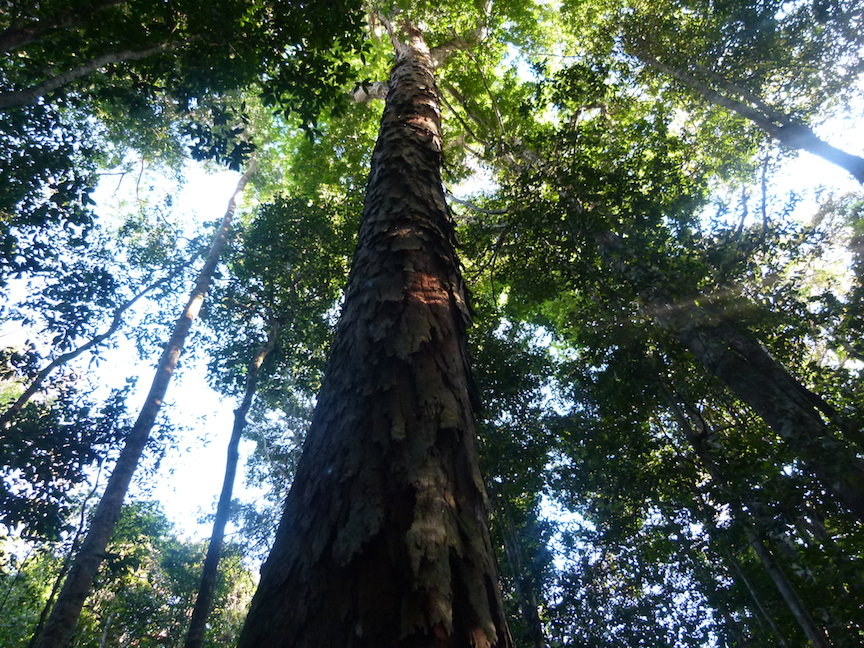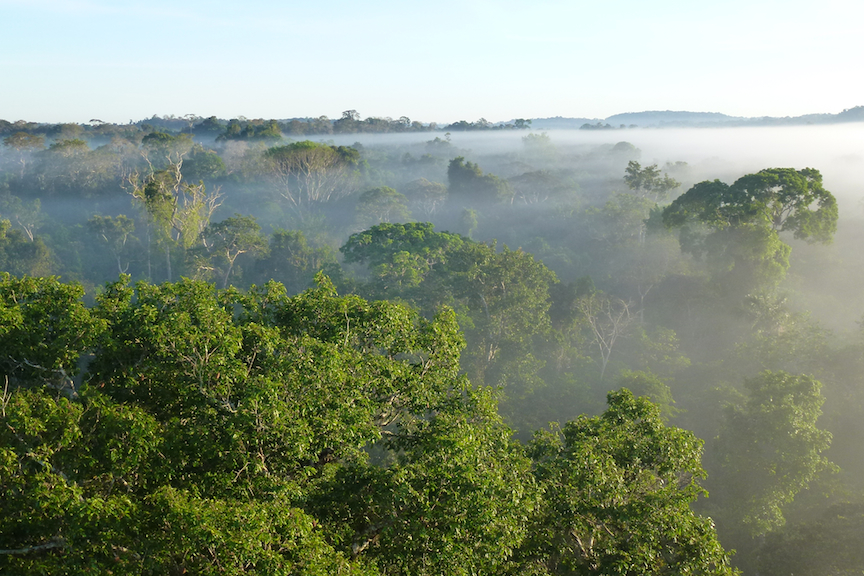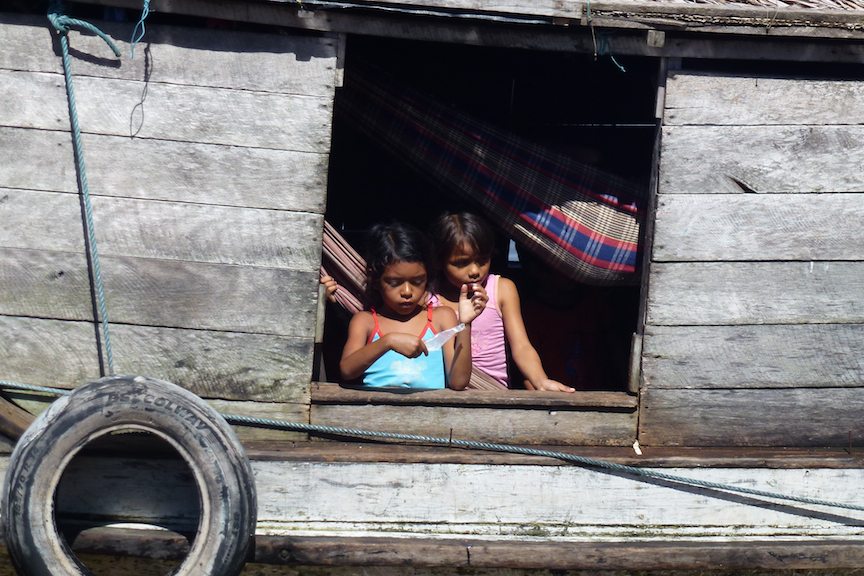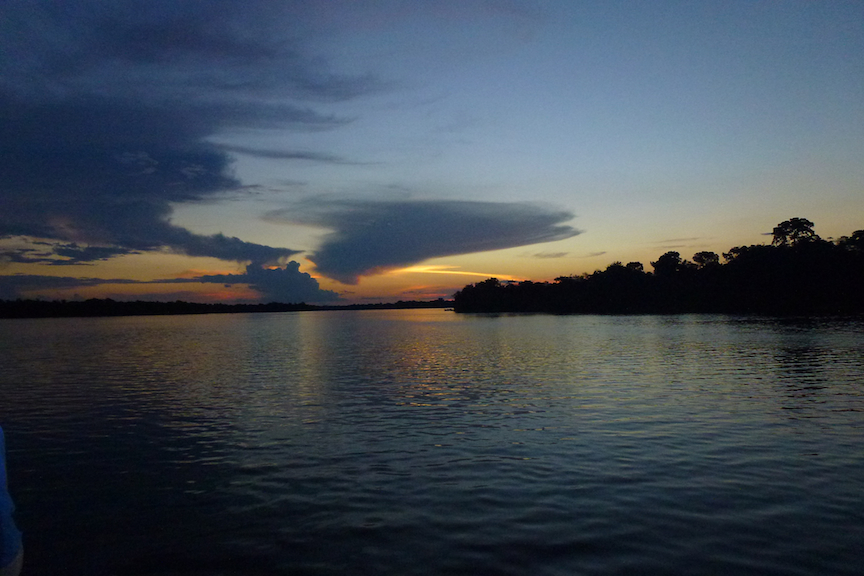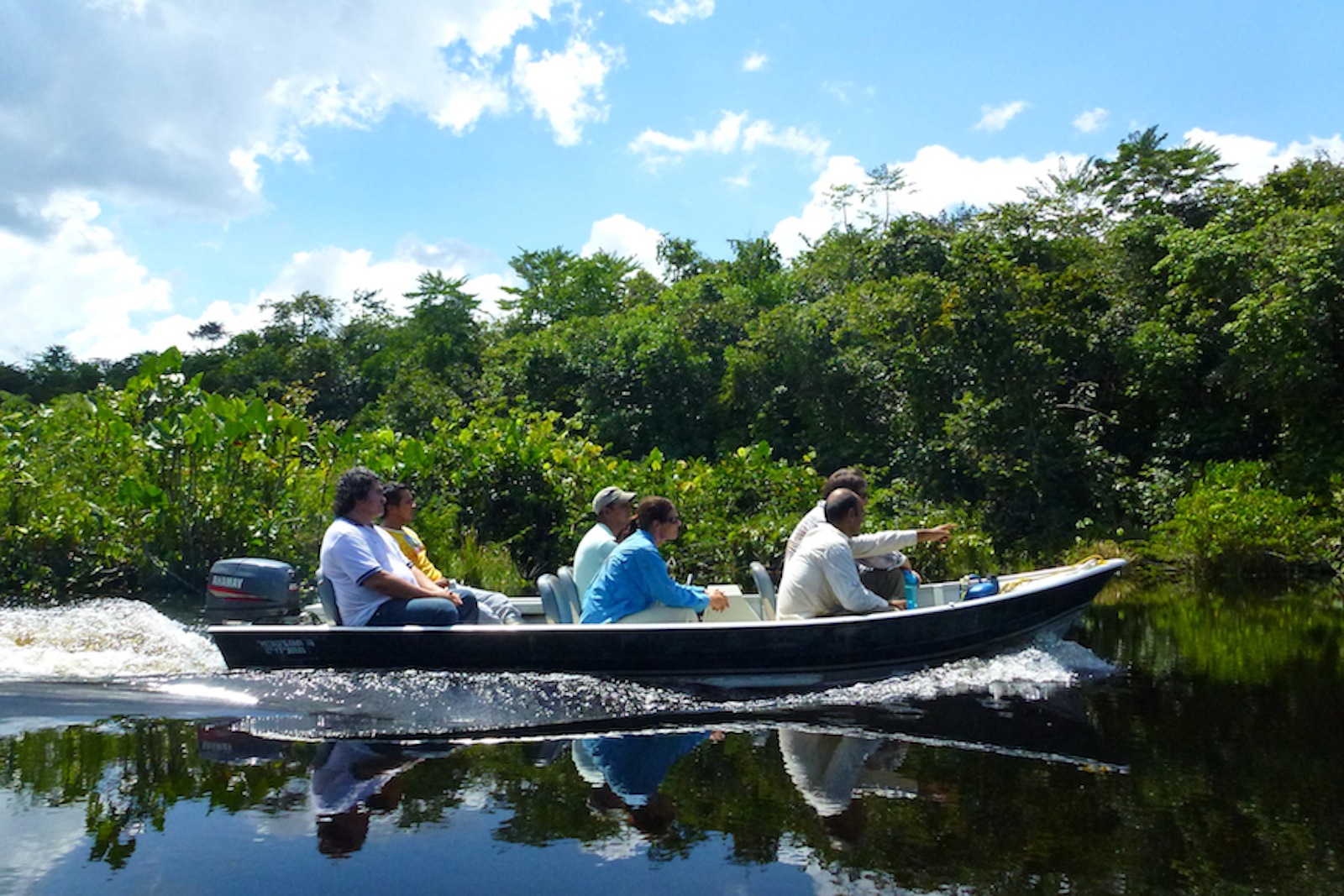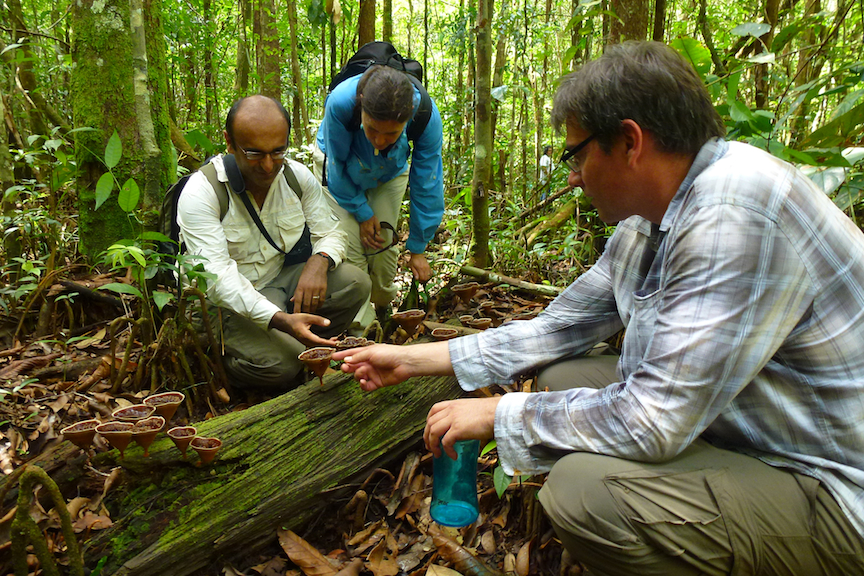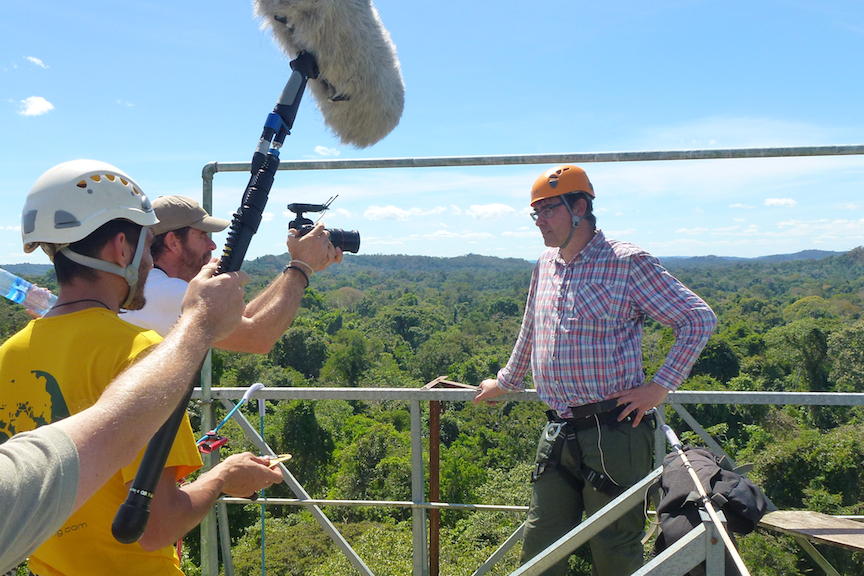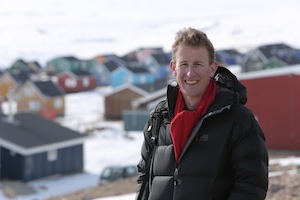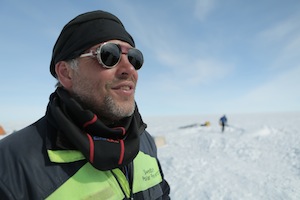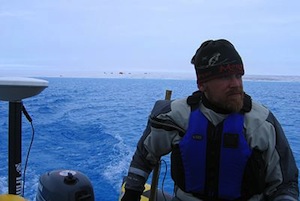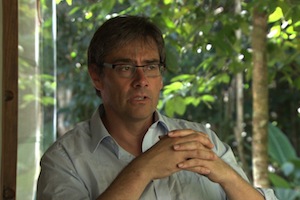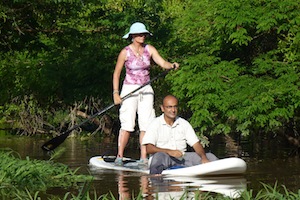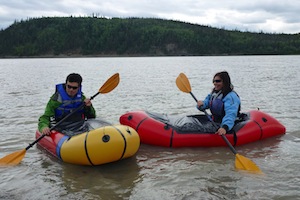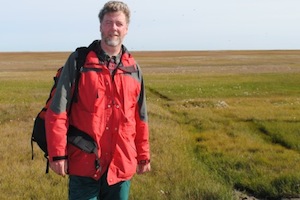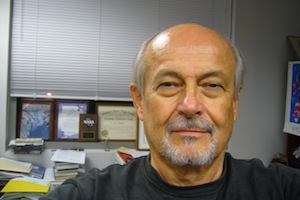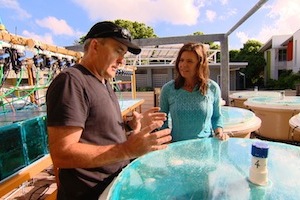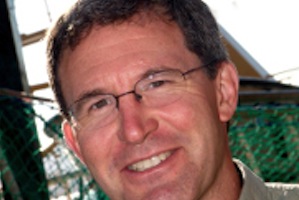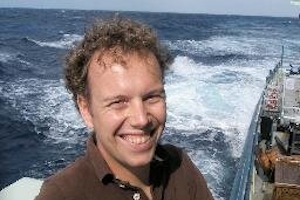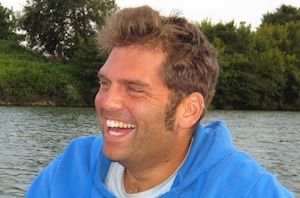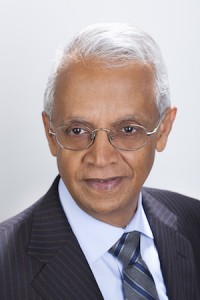Scientists
Prof. Tim Lenton
Prof Tim Lenton studied Natural Sciences as an undergraduate at the University of Cambridge. Reading Jim Lovelock’s books on Gaia ignited his passion for studying the Earth as a whole system. Read more..
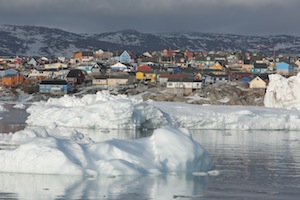
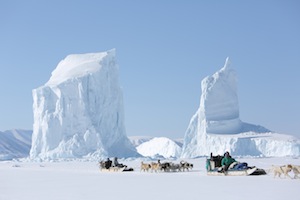
Dr. Alun Hubbard
Dr Alun Hubbard along with researchers from the University of St Andrews have completed a detailed and thorough survey of the interface between a large marine-terminating glacier and the ocean. Read more.
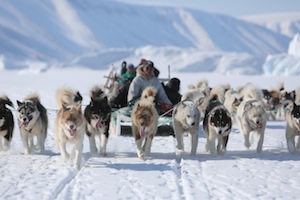
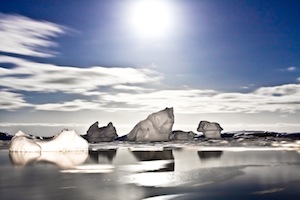
Prof. Jason Box
Jason Box is Professor at The Geologic Survey of Denmark and Greenland (GEUS) and visiting scholar at Byrd Polar Research Center. Read more.
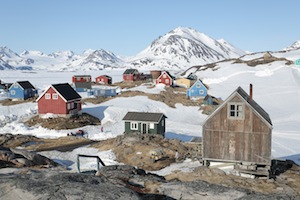
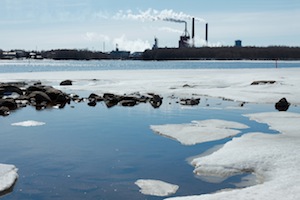
Prof. Peter Cox
Prof Peter Cox is currently the Professor of Climate System Dynamics within Mathematics and Computer Science at the University of Exeter. Read more..
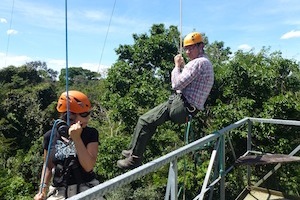
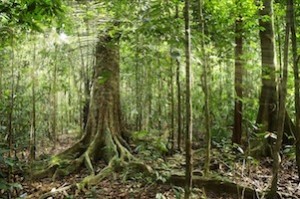
Prof. Yadvinder Mahli
Yadvinder Malhi is Professor of Ecosystem Science at the School of Geography and the Environment, Programme Leader in Ecosystems at the Environmental Change Institute at Oxford and a Fellow of Oriel College, Oxford. Read more..

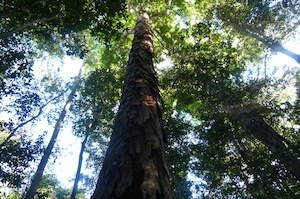
Dr. Ben Abbott
Dr. Ben Abbott graduated with a BS degree in Watershed and Earth Systems in 2009. He undertook a PhD program at the University of Alaska in Fairbanks with Dr. Jay Jones. Read more..
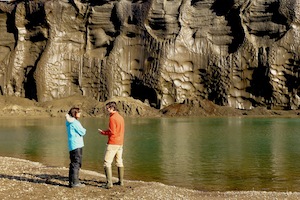
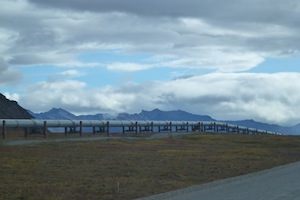
Dr. Kevin Schaefer
Prof Kevin Schaefer’s research focuses on potential carbon dioxide and methane emissions from thawing permafrost. Permafrost is permanently frozen ground that occurs in 24% of the northern hemisphere land surface. Read more..
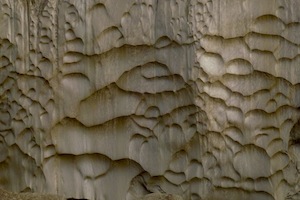
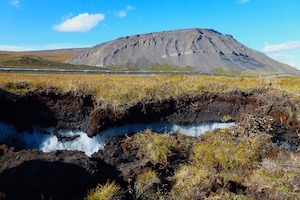
Dr. Jay Zwally
Jay Zwally received a B.S. degree in Mechanical/Aeronautical Engineering from Drexel University, PA, and a Ph.D. degree in Physics and Mathematics form the University of Maryland. Read more..
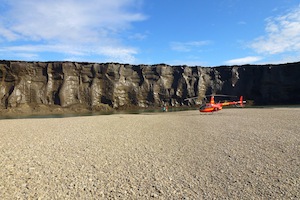
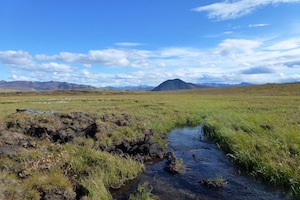
Prof. Ove Hoegh-Guldberg
Prof Ove Hoegh-Gulldberg’s research focuses on the biology of coral reefs, particularly how these vast ecosystems respond to global climate change and ocean acidification. So far, his published work has spanned disciplines from molecular biology to ecology and remote sensing (see laboratory website for more details: www.coralreefecosystems.org), with a particular focus on integrating multiple perspectives to single problems. Read more
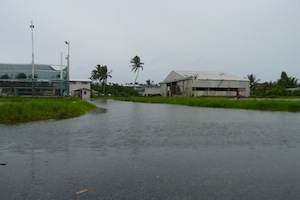
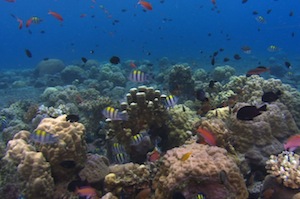
Dr. Steve Rintoul
Dr Rintoul is based at CSIRO’s research site in Hobart, Tasmania, Australia. CSIRO Marine and Atmospheric Research was formed on 1 July 2005 by the merging of CSIRO Marine Research and CSIRO Atmospheric Research. Staff are located at sites in five states, with headquarters in Hobart. Read more..
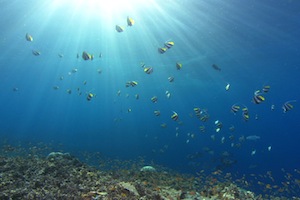
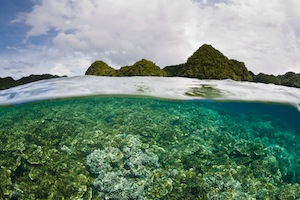
Dr. Erik van Sebille
Dr Erik van Sebille is an AR Research Fellow at the Climate Change Research Centre at the University of New South Wales, and an Associate Investigator at the ARC Centre of Excellence for Climate System Science. Erik studies the pathways and time scales of water as it circulates around the oceans. Read more
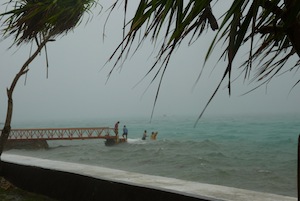
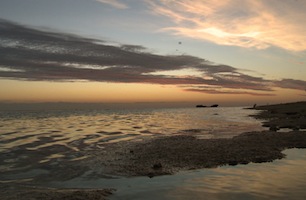
Dr. Michael Marshall
The primary questions I hope to further over my research career are 1) How does agricultural expansion impact the terrestrial energy and water balance?; 2) How does this relationship influence local and regional climate?; and with an understanding of 1 and 2, 3) What are the climate and land-induced factors of water scarcity in agrarian communities and how can these communities adapt to these vulnerabilities? Read more..
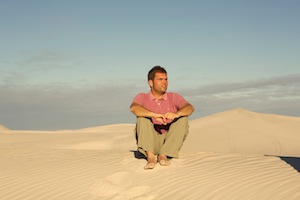
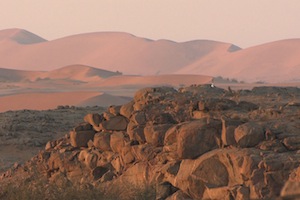
Prof. Ramanathan
Dr. Ramanathan discovered the greenhouse effect of halocarbons, particularly, CFCs in 1975. Along with R. Madden, predicted in 1980 that global warming would be detected by 2000. In 1985, he led the first international NASA/WMO/UNEP assessment on the climate effects of non-CO2 greenhouse gases and concluded that they are as important as CO2 to global climate change. He was among a team of four which developed the first version of the US community climate model in the 1980s. Read more..
